Research Training Group
The Research Training Group (RTG) ‘Nominal Modification’ is an internationally visible research platform that enables excellent international young scholars to collaborate with senior researchers and post-doctoral fellows from Goethe University (GU) on an innovative cross- modular and cross-linguistic research program. Based on a structured and internationally oriented qualification program, the RTG qualifies the PhD students optimally for the academic job market and beyond.
The RTG is funded by the Deutsche Forschungsgemeinschaft (DFG) and has entered its second funding period (01/04/2019-30/09/2023). At the moment, it comprises twelve doctoral students and eighteen principal researchers.
Research Program
(please click on the title to see a detailed version of the research program, including potential dissertation topics)
The aim of the research program is to reach a better understanding of the processes of nominal modification and of the structure of the nominal domain. The first aspect of the research program is concerned with the internal syntactic structure of modified nominal phrases, addressing the universality of the DP layer, the availability of functional layers within the nominal phrase and the parallel between CP and DP both from a synchronic and a typological as well as from a diachronic and a language acquisitional perspective. The second aspect investigates the external syntactic structure of modified nominal expressions with its potential relation to prosodic structure, focussing on extraposition, word order variation and discontinuity. Within a cross-linguistic perspective, we examine whether extraposition phenomena are motivated by semantics and/or phonology and how to explain linear ordering restrictions, among other aspects. The third aspect of the research program deals with interpretive aspects of modification. The focus is on the question of when the occurrence of a DP-internal modifier is required or excluded and on the question of how to classify the semantic relations between a modifier and a modified head.
Qualification Program
The qualification program offers structured and needs-tailored support for the students to pursue and complete their individual dissertation projects within three years. It also provides support with regards to additional professional skills that qualify the doctoral students for the domestic and international academic as well as for the non-academic job market. The qualification program includes advanced linguistic courses, peer coaching and supervision by at least two supervisors, and opportunities for exchange with high-profile international visiting researchers. In cooperation with Goethe University’s graduate academy (GRADE) and GRADE Center Language additional training, consulting, and networking events are offered.
